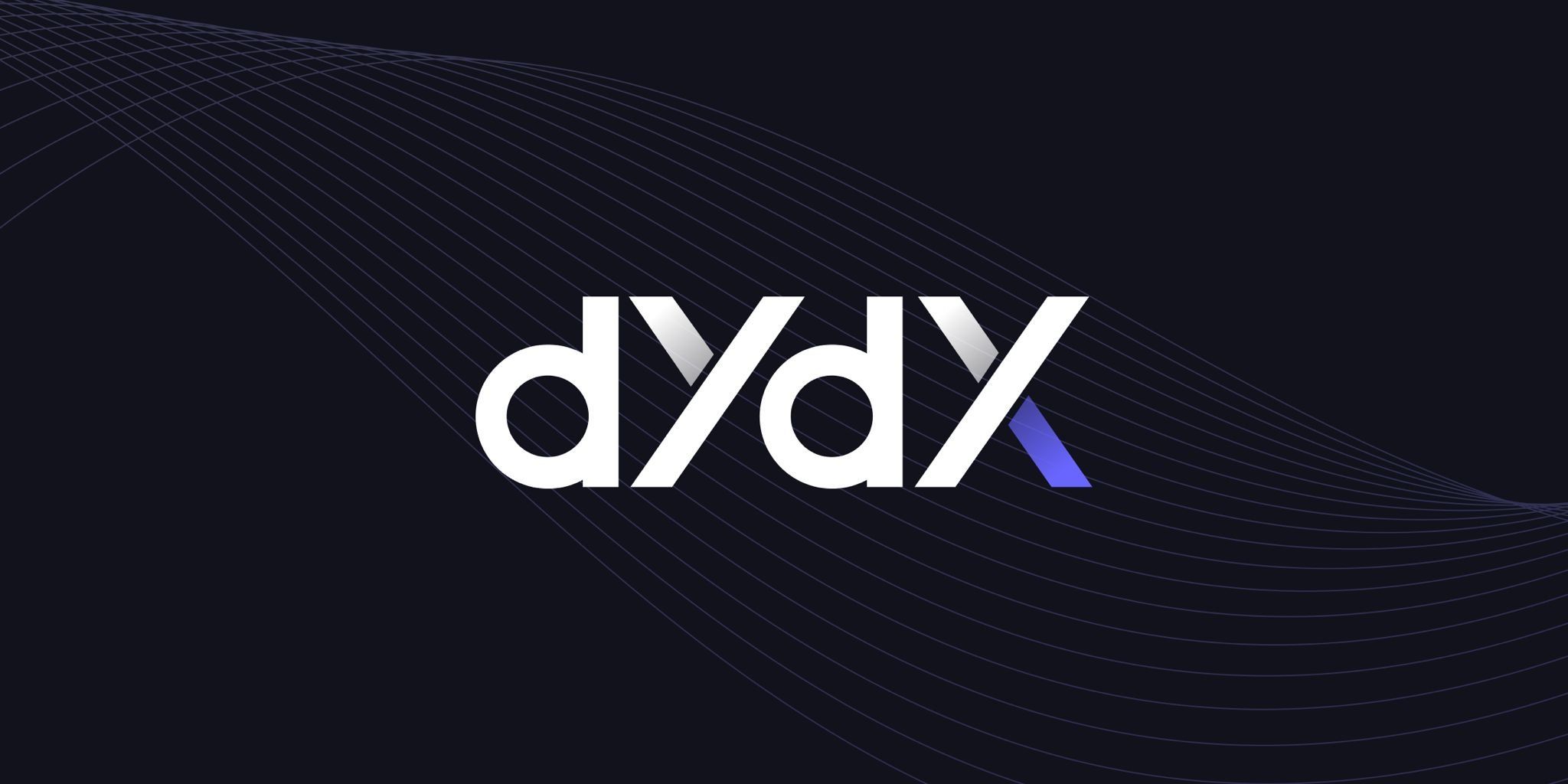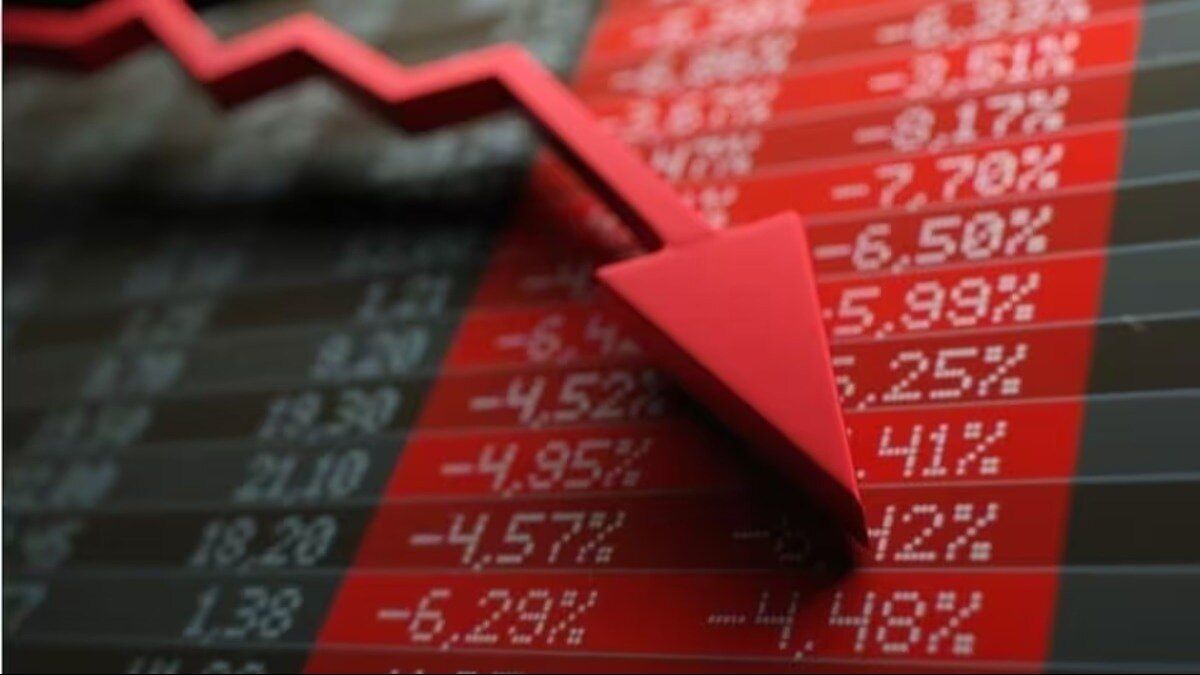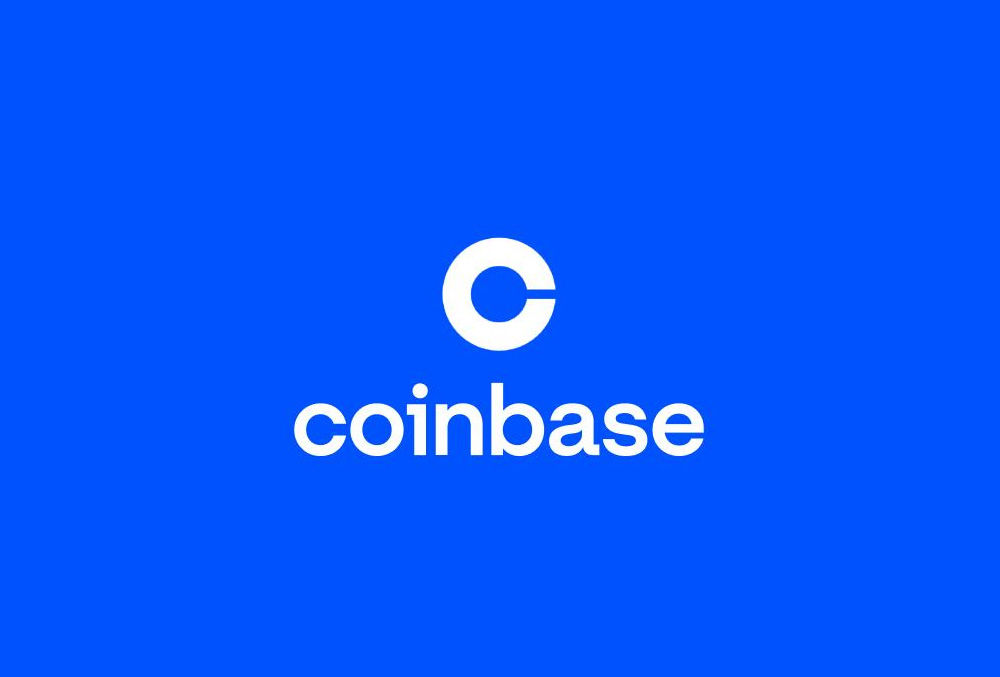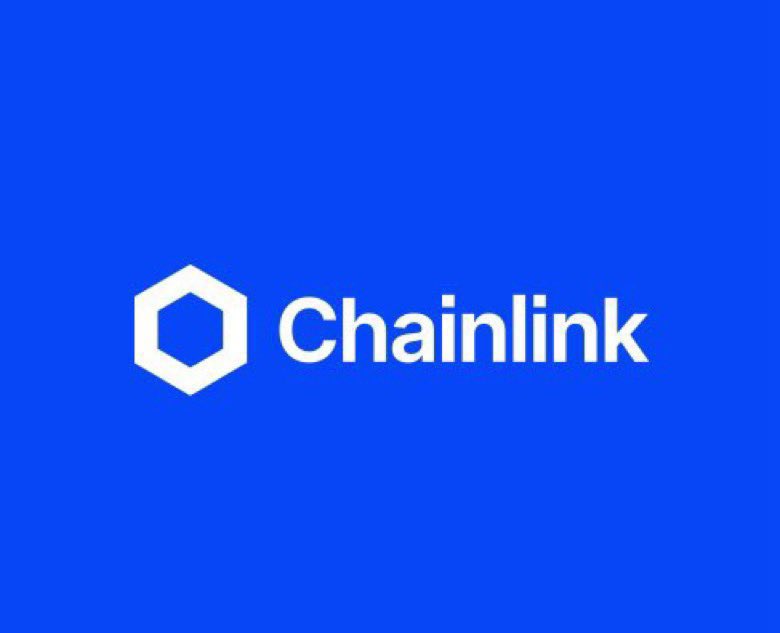Decentralized derivatives exchange dYdX is preparing to enter the United States market before the end of 2025. The move follows recent regulatory developments and internal infrastructure changes aimed at aligning with U.S. compliance standards.
The exchange establishes operational frameworks to meet federal and state-level requirements. dYdX’s U.S. expansion plan to focus initially on perpetual futures and spot trading under a regulated subsidiary.
dYdX Unveils Spot Trading First
Since launching in 2017, the dYdX exchange has primarily focused on perpetual contracts and has achieved over $1.5 trillion in global trading volume. Historically, U.S. users could not access the platform’s derivatives products.
However, regulatory changes under the Trump administration and the withdrawal of lawsuits against major crypto platforms have led dYdX to re-evaluate its position in the American market.
According to President Eddie Zhang, the initial launch will offer spot trading for major cryptocurrencies, including Solana (SOL). Derivatives, including perpetual contracts, will remain unavailable to U.S. traders until clearer regulatory frameworks emerge.
Trading fees for U.S. users will be lower, reportedly ranging from 50 to 65 basis points, as part of a strategy to boost liquidity and attract users from entrenched platforms like Kraken and Coinbase.
This move illustrates dYdX’s willingness to adapt its business model to local restrictions, prioritizing compliance with both SEC and CFTC considerations and demonstrating its commitment to sustainable U.S. growth.
V4 Upgrade Enhances US Entry
The launch of dYdX’s v4 update, which converts the platform to a standalone blockchain constructed with the Cosmos SDK, aligns with the company’s anticipated entry. This technological advancement strengthens dYdX’s credentials for user control and regulatory scrutiny by enabling it to operate as a fully decentralised, community-governed exchange.
The v4 upgrade features open-source code, an on-chain order book, and the cessation of protocol trading fees for the company itself. Future changes and upgrades are now governed by votes from the dYdX Foundation community, aligning the platform with evolving standards for DeFi decentralization and transparency.
The Cosmos ecosystem provides dYdX with greater flexibility, performance improvements, and scalability, all of which are critical as the company prepares to operate within the U.S. market’s technical and regulatory requirements.
READ MORE: Pump Fun Coin Crashes 17% Today: Here’s Why















